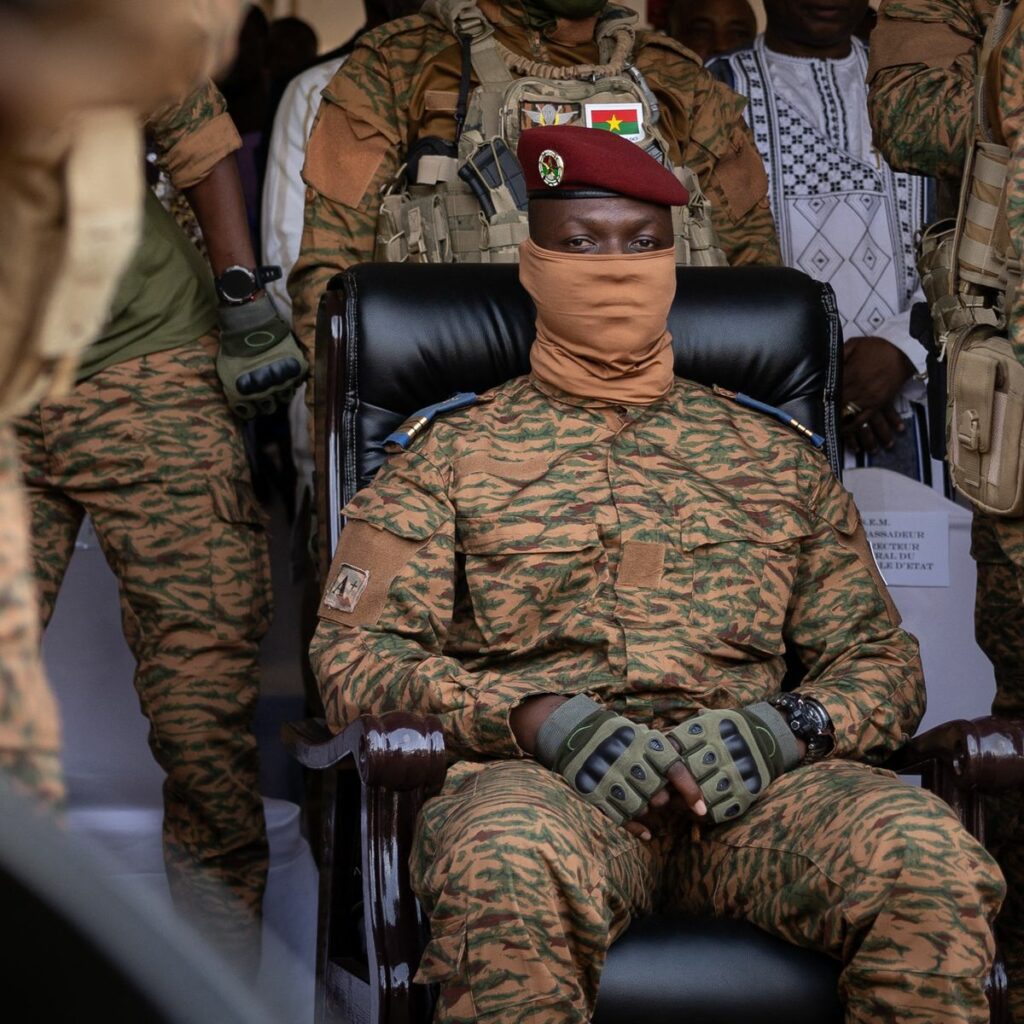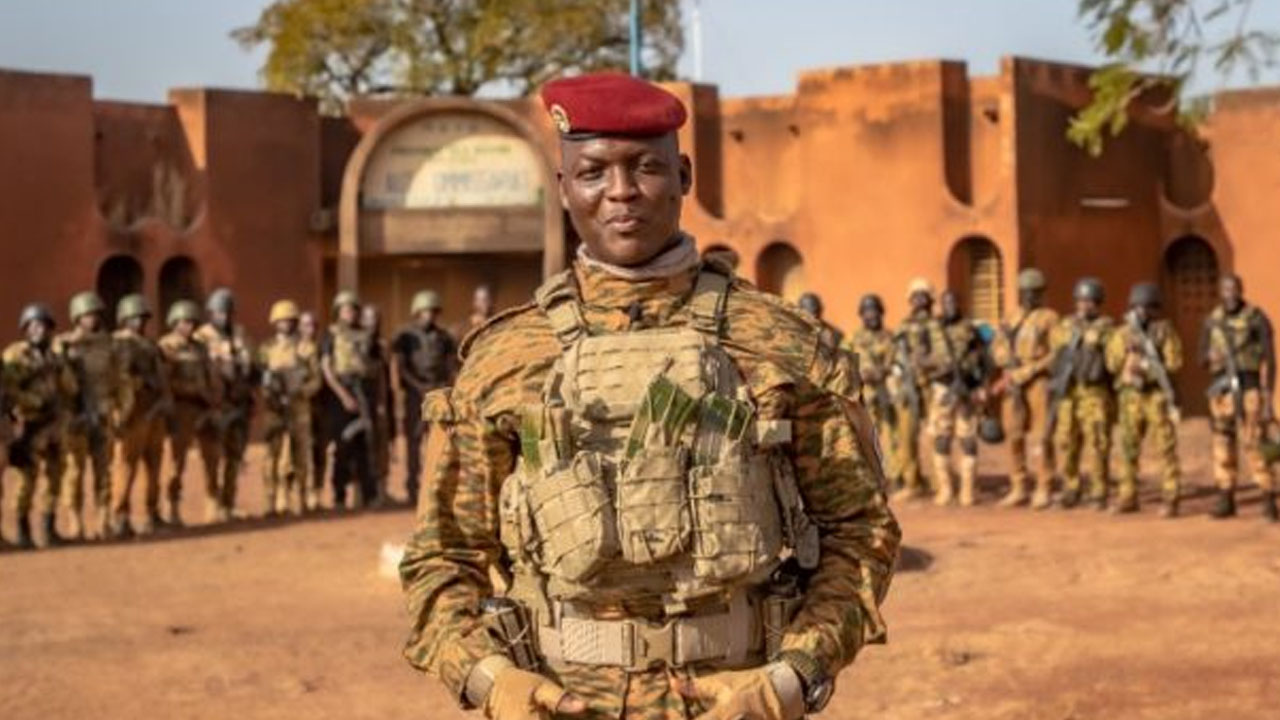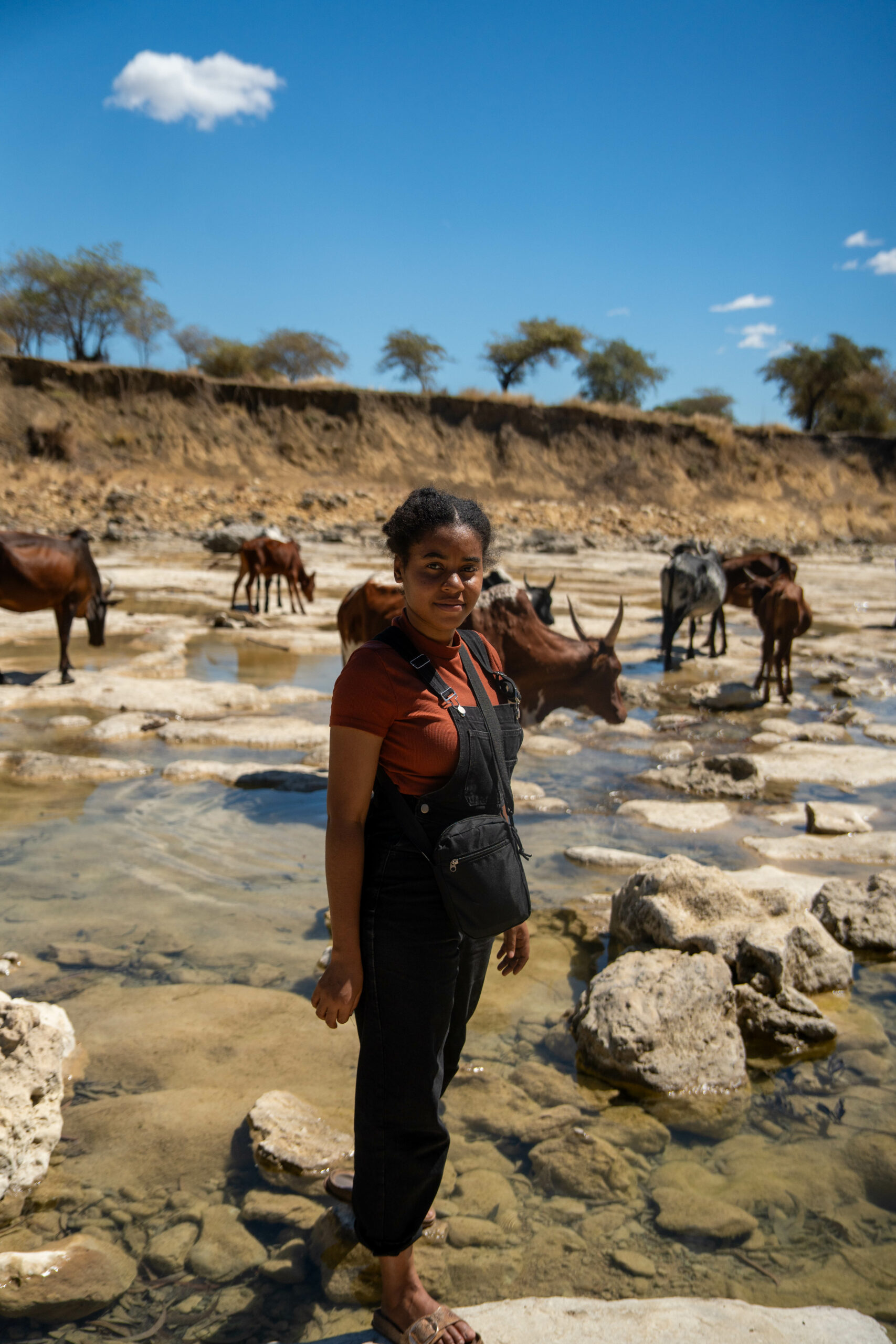Introduction
French colonies, once the jewels of an expansive colonial empire, have undergone significant transformations since gaining independence in the mid-20th century. While these former colonies have embraced sovereignty, some continue to grapple with political instability, marked by frequent coups and civil unrest. This article delves into the historical context, economic factors, social dynamics, and the impact of “Les onze accords coloniaux” (the eleven colonial agreements) that have contributed to the ongoing desire of many African nations to change their relationship with France.
Historical Context
Colonial Legacy: The colonial history of French colonies laid the groundwork for complex power dynamics and ethnic divisions that persist today. Colonial rule often favored one ethnic group over others, creating tensions that have not been fully resolved.
Post-Independence Challenges: Upon gaining independence, many nations faced significant challenges establishing stable governments. Weak institutions, lack of experience in governance, and external interference all played a role in these difficulties.
Economic Factors
One significant factor perpetuating economic disparities and fueling frustration in these former French colonies is the historical exploitation of their natural resources. France, like other colonial powers, extensively exploited the wealth of its colonies both before and after independence, often at the expense of the local populations. This resource extraction, ranging from valuable minerals to agricultural products, has long been a source of contention and economic imbalance.
Former French President Jacques Chirac’s candid remarks on this issue during a 2008 press conference further underscore the gravity of the situation. He famously stated, “La France pille l’Afrique” (“France is looting Africa”), shedding light on the extent of resource extraction and its impact on these nations.
This legacy of resource exploitation, combined with the enduring control over key economic sectors, has perpetuated economic dependency. It has also led to a situation where the majority of the population in these nations does not fully benefit from the wealth generated by their own resources, further amplifying social and economic disparities.
These economic disparities contribute to widespread frustration among the populace, as they witness the continued extraction of their resources while facing limited access to basic services, education, and economic opportunities. This frustration has become a driving force behind demands for renegotiating colonial-era agreements and striving for economic self-determination.
Here is the video of the greatest president of the French Republic of the 5th Republic, not the Macaron we have today…
We only forget one thing. This is because a large part of the money in our wallets comes precisely from the exploitation, for centuries, of Africa. Not only. But a lot comes from the exploitation of Africa. So you have to have a little common sense. I’m not saying generosity. Common sense, justice, to give back to Africans, I would say, what was taken from them. Especially since it is necessary, if we want to avoid the worst convulsions or difficulties, with the political consequences that this entails in the near future.
— Former president – Jacques Chirac
Social Dynamics
Ethnic and Tribal Divisions: Ethnic and tribal differences, often exacerbated by colonial rule, continue to play a significant role in the politics of many French-speaking nations. Competing ethnic interests can lead to political fragmentation and instability.
Youth Unemployment: High levels of youth unemployment and underemployment in some regions can lead to a disenchanted and politically restless youth population, often at the forefront of protests and coups.
External Factors
Foreign Interference: Geostrategic interests of global powers can influence political dynamics in these regions. External actors may support certain factions or leaders, exacerbating tensions and contributing to coups.
Neocolonialism: Accusations of neocolonialism, where former colonial powers maintain undue influence in the affairs of their former colonies, can stoke anti-government sentiments and instability.
“Les Onze Accords Coloniaux” and their Impact on African Nations’
In addition to these factors, the colonial agreements signed by France have played a significant role in shaping the current state of affairs:
- Colonial Debt for Repayment of Colonial Profits
- Newly independent states must repay the cost of the infrastructure built by France during colonization. We are still seeking details of the costs, an evaluation of the benefits, and the payment conditions imposed by France on African countries.
- Automatic Confiscation of National Financial Reserves
- African countries must deposit their financial reserves with the Bank of France. Thus, France “holds” the financial reserves of fourteen African countries since 1961: Benin, Burkina Faso, Guinea-Bissau, Ivory Coast, Mali, Niger, Senegal, Togo, Cameroon, Central African Republic, Chad, Congo-Brazzaville, Equatorial Guinea, and Gabon.
- As a result, the governance of monetary policies remains asynchronous and incomplete because they are directly controlled by the French government, with no connection to financial authorities in countries such as CEMAC or ECOWAS. Due to the conditions that bind the banks of economic and financial zones, they are obliged to keep 65% of their foreign exchange reserves in an account held by the French Treasury, as well as an additional 20% to cover “financial risks.”
- Furthermore, CFA zone banks impose a credit limit on each member country equivalent to 20% of the previous year’s state revenues! Although the BEAC or BCEAO have the possibility of withdrawing more from the French Treasury, these withdrawals must be approved by the French Treasury. The final decision, therefore, rests with the French Treasury, which has itself invested the reserves of African countries on the Paris stock exchange.
- In other words, 80% of African financial reserves are deposited in an account controlled by the French administration. The two banks in the CFA zone are African in name, but they do not decide on monetary policies by themselves. Worse still, the countries themselves do not even know the share of financial reserves that belongs to them collectively or individually as countries but are held by the French Treasury.
- Exclusive Right of First Refusal for Any Discovered Natural Resource
- France has the first right to purchase natural resources from its former colonies. Only after France has said, “I am not interested,” are African countries allowed to seek other partners.
- Priority for French Interests and Companies in Public Contracts and Tenders
- In the awarding of public contracts, French companies have priority. Even if African countries can obtain better value for money elsewhere.
- As a result, in most French former colonies, all economic levers of the countries are in the hands of French expatriates. In Ivory Coast, for example, French companies own and control all major public services including water, electricity, telephone, transportation, ports, and major banks. The same applies to commerce, construction, and agriculture.
- Exclusive Right to Supply Military Equipment and Train Military Officers of the Colonies
- Through a sophisticated system of scholarships, grants, and “defense agreements” attached to the colonial pact, Africans must send their senior officers for training in France.
- Right for France to Deploy Troops and Intervene Militarily in the Country to Defend Its Interests
- Under what are called “defense agreements” attached to the colonial pact, France has the right to intervene militarily in African countries and also to permanently station troops in military bases and installations entirely managed by the French.
- Obligation to Make French the Official Language of the Country and the Language for Education
- An organization for the French language and the dissemination of French culture has even been created. It is called “Francophonie” and has several satellite organizations. These organizations are affiliated with and controlled by the French Minister of Foreign Affairs.
- Obligation to Use the CFA Franc (French Colonies of Africa Franc)
- Although this system is not shared by the European Union, French colonies are constrained to use exclusively the CFA Franc.
- Obligation to Send an Annual Report and a State of Reserves Report to France
- No report, no money. The directors of the central banks of former colonies present this report at biannual meetings of finance ministers on the former colonies. This report is then compiled by the Bank of France and the French Treasury.
- Renunciation of Any Military Alliance with Other Countries, Except with France’s Permission
- Most of these countries have only military alliances with their former colonizers simply because France prohibited any other military alliances.
- Obligation to Ally with France in Case of War or Global Crisis
- More than a million African soldiers fought for the defeat of Nazism and fascism during World War II.

The devil must be jealous, it’s so demonic…
The Desire for Change
Given these historical and ongoing issues related to the colonial agreements, it’s not surprising that many African countries have expressed a desire to change their relationship with France. Calls for renegotiating or ending these agreements have gained momentum in recent years, reflecting a broader push for greater economic and political autonomy.
African leaders and activists argue that renegotiating these agreements would enable their nations to have more control over their economic and political destinies. They seek to replace dependency with self-sufficiency and ensure that their countries benefit more equitably from their own resources.
Conclusion
In the 21st century, the challenges former French colonies face are complex, deeply rooted in history, and interwoven with economic, social, and external factors. Addressing these issues, including the impact of “les onze accords coloniaux,” is essential for promoting stability and democracy in these regions. The desire for change represents an opportunity for France and its former colonies to redefine their relationship in a way that is more equitable, mutually beneficial, and reflective of the principles of self-determination and sovereignty.
I think I might find a costume for this year’s Halloween… 🤭

- Driving Innovation: How Tech Partnerships Power Formula 1 Success - 9 December 2024
- Netflix Faces Technical Knockout During Highly Anticipated Mike Tyson vs. Jake Paul Fight - 17 November 2024
- Is the U.S. in a Recession? - 1 October 2024




























